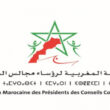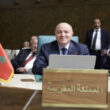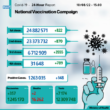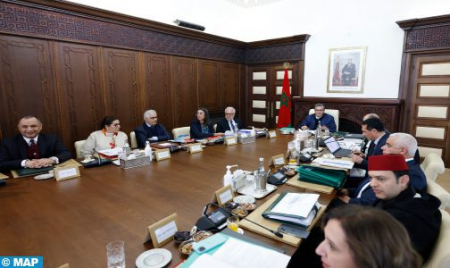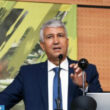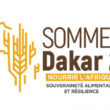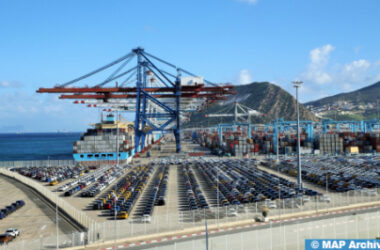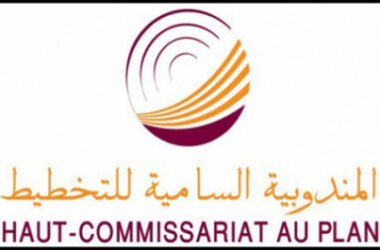These projects are divided into 12 draft agreements and 14 amendments, said a statement by the Department of the Head of Government, noting that the sector of higher education is at the top of the investment projects approved, followed by the industrial sector and tourism.
In terms of job opportunities created, the higher education sector is the main provider with a total of 1,560 direct jobs projected, followed by the trade and real estate sector, then the tourism sector, said the same source.
In addition, projects with national capital represent 96% of projected investments, with nearly 27.5 billion dirhams.
During this meeting, the Head of Government recalled the importance of the reform of the State policy in the field of investment promotion and the need to adapt it to the deep changes that Morocco is undergoing at all levels, pursuant to the High Royal Orientations establishing investment as the engine of socio-economic development.
Akhannouch also welcomed the battery of measures taken by the government to accelerate reform projects aimed at facilitating the act of investing, including the simplification and digitization of procedures, administrative deconcentration, improving access to land as well as the urban planning framework.
These structuring projects, he stressed, will help promote the attractiveness and competitiveness of the Kingdom and strengthen the climate of confidence that makes Morocco an attractive investment destination.
Since the beginning of the current legislature, 7 sessions of the Investment Commission have been held, during which 84 draft agreements and amendments were approved, for a total amount of 67.6 billion dirhams, allowing the creation of 10,259 direct and 33,418 indirect jobs.
The meeting was attended by secretary general of the Government, Mohamed Hajoui, Minister of Economy and Finance, Nadia Fettah, Minister of Equipment and Water, Nizar Baraka, Minister of Health and Social Protection, Khalid Ait Taleb, Minister of National Territorial Planning, Urban Development, Housing and Urban Policy, Fatima Ezzahra El Mansouri, Minister of Economic Inclusion, Small Business, Labor and Skills, Younes Sekkouri, Minister of Industry and Trade, Ryad Mezzour, Minister of Tourism, Handicrafts and Social and Solidarity Economy, Fatima Zahra Ammor, Minister of Higher Education, Scientific Research and Innovation, Abdellatif Miraoui, Minister of Energy Transition and Sustainable Development, Leila Benali, Minister of Transport and Logistics Mohammed Abdeljalil, Minister Delegate to the Head of Government in charge of Investment, Convergence and Evaluation of Public Policies, Mohcine Jazouli and director general of the Moroccan Agency for the Development of Investment and Exports (AMDIE), Ali Seddiki.


